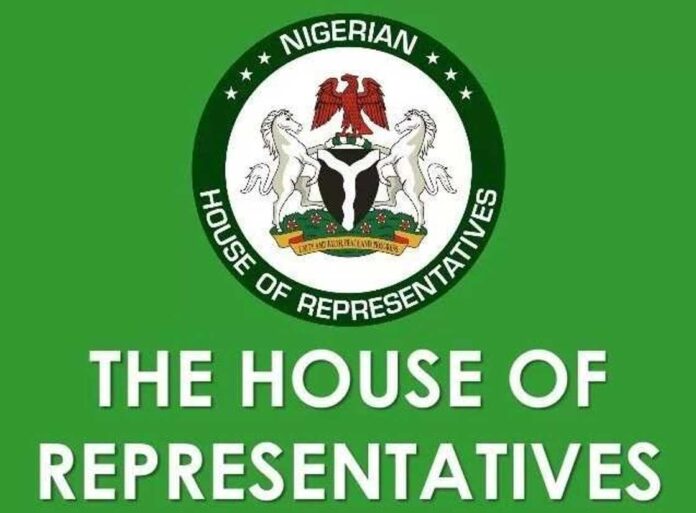The House of Representatives is actively advocating for the inclusion of independent candidacy within the Nigerian Constitution during the ongoing constitutional review process.
This initiative, spearheaded by Akin Rotimi, the spokesperson for the House and chair of the House Committee on Media and Public Affairs, saw its first reading during the plenary session on Thursday. The bill is expected to be scheduled for a second reading shortly.

Entitled “A Bill for an Act to Alter the Provisions of the Constitution of the Federal Republic of Nigeria, 1999, as Amended, to Facilitate the Participation of Candidates Not Sponsored by Political Parties in Presidential, Governorship, National Assembly, State Houses of Assembly, and Local Government Councils Elections, and for Related Matters, 2024,” the proposed legislation aims to enhance democratic participation.
In an address to the media following the plenary, Akin Rotimi articulated the bill’s purpose, stating that it is designed to foster inclusivity and broaden the democratic landscape by empowering a wider array of individuals to engage in the political process.
He remarked, “This bill will expand the democratic framework, providing citizens unaffiliated with any political party the chance to vie for public office.”
The legislation seeks to amend Section 7 of the Principal Act by introducing new subsections “(4A)” and “(4B)” following subsection (4). Subsection “(4A)” stipulates that “Notwithstanding any other law, any individual eligible to vote or contest an election to the State House of Assembly shall have the right to be a candidate for any local government office, regardless of their affiliation or sponsorship by a political party.”
Furthermore, subsection “(4B)” specifies that “A candidate not affiliated with or sponsored by a political party may only contest an election if, in the case of a Chairmanship election, such a candidate has secured verified signatures from at least ten percent of registered voters across at least two-thirds of the electoral wards within the respective local government area.”




